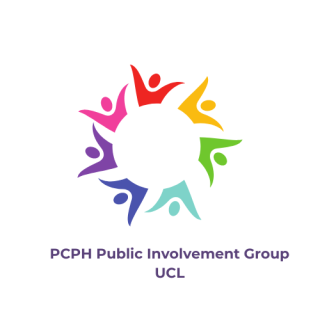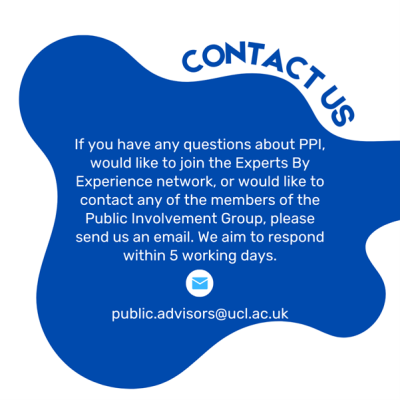You have a crucial role to play in shaping research! Here's what you need to know about patient and public involvement (PPI).
What is PPI?
- Your chance to make a difference: PPI is about working with researchers. It means you get to share your experiences, ideas, and concerns to help make research more relevant and meaningful.
- It's not just about patients: This includes anyone who might be affected by the research, like future patients, carers, and even healthy volunteers. It's about giving researchers a broader perspective.
- Different ways to get involved: You can join research steering groups, give feedback on research materials, or even help design and plan research projects. There's something for everyone!
Why does it matter?
- Better research for everyone: Your involvement helps researchers ask better questions, design studies that are more relevant to real-world issues, and interpret results in a way that truly benefits people.
- More trust and transparency: When research is open and collaborative, it builds trust and confidence. You can help ensure that research is ethical and conducted with respect for everyone involved.
- Your voice matters: You have valuable insights and experiences that can make a real difference in the quality and impact of research. Your voice deserves to be heard!
Who can get involved?
- Anyone with a lived experience can get involved! This will vary, but some examples include: having a diagnosis of dementia; caring for someone with a learning disability; have any lived experience of Parkinson’s; use or have used health and social care services; work in a healthcare organisation; are interested in research.
- You do not need any previous experience of being a PPI member to start.
If you are unsure or have any questions, please get in touch with our team to discuss (public.advisors@ucl.ac.uk)
How do I get involved?
- Share your story: Your experiences, whether positive or negative, can inform research and highlight areas that need improvement. Don't hesitate to share your perspective.
- Ask questions: Research can be complex, so don't be afraid to ask for clarification or even challenge assumptions. The more engaged you are, the better!
- Join our Experts by Experience (EbE) network
 Close
Close



